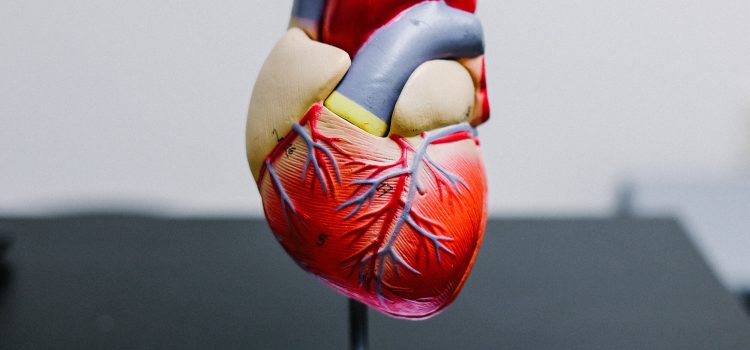
Introduction
Welcome to a blog post that could save your life! Heart disease is one of the leading causes of death worldwide, but did you know it’s preventable? That’s right, by implementing some simple strategies into your daily routine, you can significantly reduce your risk of heart disease and keep your ticker ticking for years to come. Join us as we delve into the world of heart health and share tips on how to say goodbye to heart disease once and for all.
Heart disease risk factors
Heart disease is the leading cause of death in the United States, so it’s important to know your risk factors. Some risk factors, like family history, can’t be changed. But there are many lifestyle changes you can make to lower your risk of heart disease.
High blood pressure, high cholesterol, and smoking are all major risk factors for heart disease. You can control high blood pressure by eating a healthy diet, exercising regularly, and keeping your weight under control. You can control high cholesterol by eating a healthy diet that is low in saturated fat and cholesterol, and by exercising regularly. If you smoke, quitting is the best thing you can do for your heart health.
Making these lifestyle changes can be tough, but they’re worth it to protect your heart. Talk to your doctor about how you can lower your risk of heart disease today.
Simple strategies for keeping your heart healthy
Heart disease is the leading cause of death for both men and women in the United States. Fortunately, there are simple strategies you can follow to keep your heart healthy and reduce your risk of heart disease.
Here are some simple strategies for keeping your heart healthy:
1. Eat a healthy diet. Eating a healthy diet is one of the best things you can do for your heart health. Focus on eating plenty of fruits, vegetables, whole grains, and lean protein. Avoid processed foods, sugary drinks, and unhealthy fats.
2. Get regular exercise. Exercise is good for your overall health, including your heart. A moderate amount of exercise each day can help keep your heart strong and reduce your risk of heart disease.
3. Don’t smoke tobacco. Smoking tobacco is one of the most harmful things you can do to your body, including your heart. If you smoke tobacco, quitting is the best thing you can do for your heart health.
4. Limit alcohol consumption. Drinking too much alcohol can also be harmful to your heart health. If you drink alcohol, limit it to no more than two drinks per day for men or one drink per day for women.
5. Keep stress under control. Stress can take a toll on your physical and mental health, including your heart health. Managing stress through relaxation techniques, exercise, and other coping mechanisms can help keep your heart healthy
The benefits of a healthy heart
Your heart is one of the most important organs in your body. It’s responsible for pumping blood throughout your body, delivering oxygen and nutrients to your cells, and removing carbon dioxide and other wastes from your body. Keeping your heart healthy is essential to living a long and healthy life.
There are many benefits to having a healthy heart. For one, it reduces your risk of developing cardiovascular disease, the leading cause of death in the United States. Heart disease can cause heart attacks, strokes, and other serious health problems. A healthy heart also helps keep your blood pressure under control, lowers your cholesterol levels, and reduces your risk of developing diabetes.
Additionally, a healthy heart helps you maintain a healthy weight, gives you more energy, and improves your mental health. Exercise is one of the best ways to keep your heart healthy. Aim for at least 30 minutes of moderate exercise every day. Eating a healthy diet, quitting smoking, and managing stress are also important for keeping your heart healthy.
Conclusion
Keeping your heart healthy and saying goodbye to heart disease is a process that takes time, commitment, and dedication. By following the simple strategies outlined in this article, however, you should be able to make significant strides toward preventing or managing any existing conditions. Focusing on diet and lifestyle modifications such as increasing physical activity levels, cutting back on processed foods and saturated fats and eating more nutrient-dense fruits and vegetables can help lead to better overall cardiovascular health. Ultimately, taking care of our hearts is key to living longer healthier lives!

















